Winter is the most common time of the year for house fires to occur, and with the turn of the season now is the most important time to be prepared.
Statistics collected by the Suncorp Group which analysed claims from insurance companies has revealed that house fires in Queensland spike by 17.8% between June and August.
Data from the Logan House Fire Support Network reveals there is a house fire in the state of Queensland every 4.63 hours.
In Autumn between April 1 2021 and June 30 2021, 829 house fire call-outs were made across Queensland.
156 of those occurred in the city of Brisbane.
Queensland Fire and Emergency Services says the loss of life through fire has devastating and far-reaching effects for families and communities.
The following three simple steps are essential for protecting your house and surviving a fire in your home:
- Check your smoke alarms work
- Plan your home fire escape
- Practise so everyone knows their role
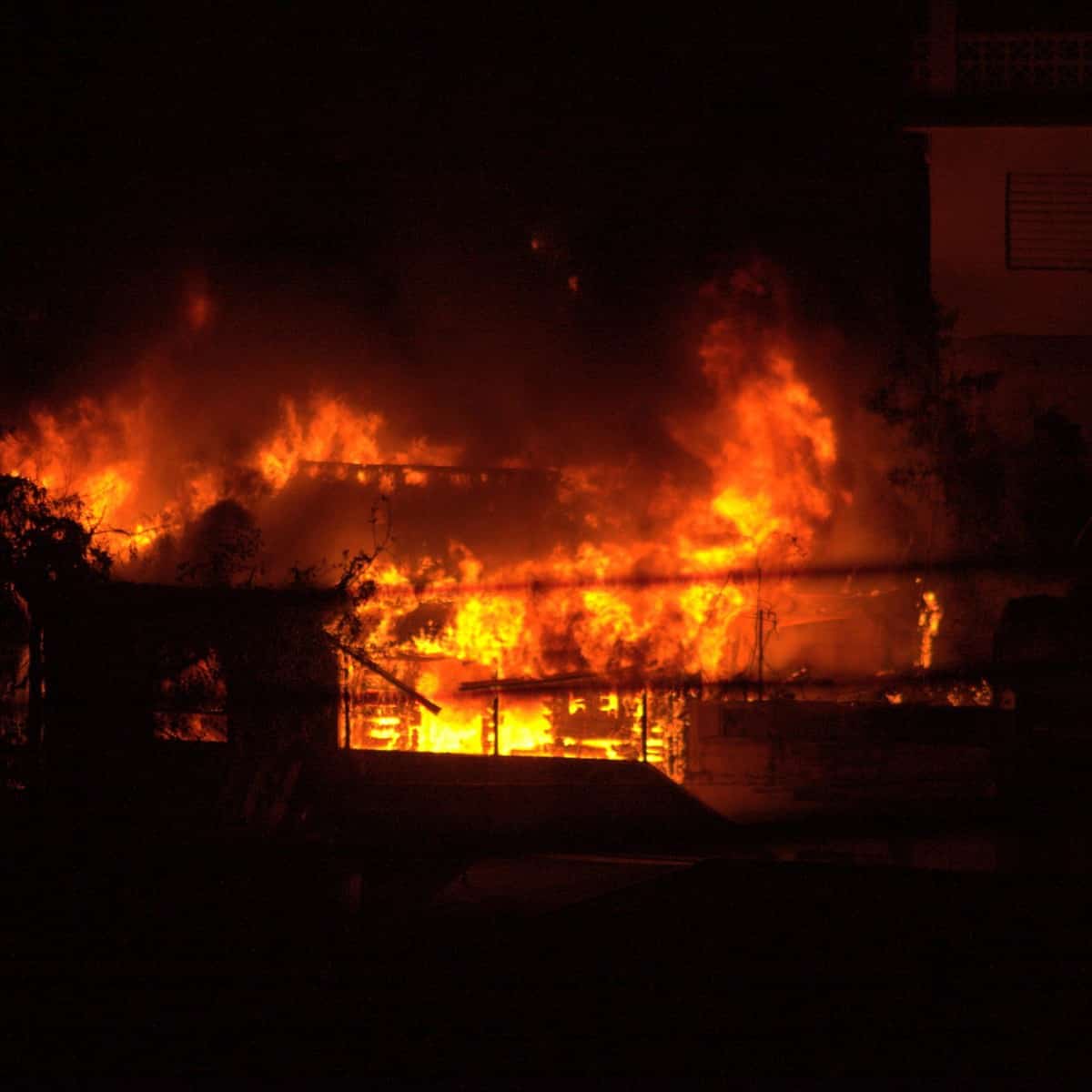
Most house fires can be prevented by minimising risks around the home. See the QFES list of ways to prevent fires in your home below:
Electrical hazards – Overloaded electrical circuits, faulty electrical equipment and misuse of electrical equipment are common causes of fire.
- Never run extension cords under carpets or rugs – localised heating may cause a short circuit that could result in fire.
- Replace any frayed or cracked extension cords.
- Repair or discard malfunctioning electrical appliances immediately.
- A qualified electrician should identify the cause of repeatedly blowing fuses or tripping circuit breakers. Replacement fuses must be the correct load capacity for the circuit.
- Install earth leakage circuit breakers to all power circuits for additional life safety protection.
- Turn power off at the power point for electrical equipment that isn’t in use.
- Provide adequate ventilation around all electrical equipment to avoid excessive heat build up.
- Use all electrical equipment in accordance with the manufacturer instructions.
- Don’t overload power points.
- Don’t use double adaptors. Use powerboards with overload protection.
- Contact a qualified electrician if you have any concerns about your electrical appliances.
Candles – Candle and oil burner usage has increased significantly in recent years and can be a serious fire hazard if used improperly.
- Never leave an oil burner or candle alight when you leave home.
- Use in accordance with the manufacturer’s instructions.
- Use in a safe area where they won’t be knocked over.
- Keep candles and oil burners away from small children.
- Don’t leave candles or oil burners near curtains or other flammable objects.
- Keep candles and open flames away from flammable liquids.
- Don’t restrict the airflow to oil burners.
- Don’t use spirits or petroleum products in oil burners.
- Use candles only on surfaces that won’t catch fire. E.g. Terracotta. Hot wax falling onto combustible surfaces such as tablecloths may increase the chance of fire.
Smoking – The careless disposal of cigarettes, lighters and matches may cause a fire in your home.
- Never leave lit cigarettes unattended.
- Store matches and lighters away from children.
- Never smoke in bed.
- Put your cigarettes out completely before discarding.
- Discarded cigarette butts need to be disposed of safely, as many fires have started from a cigarette falling onto furniture.
- Always use deep-sided ashtrays as an additional safeguard.
- Empty ashtrays frequently into an outside bin ensuring that all cigarette remnants and matches are extinguished first.
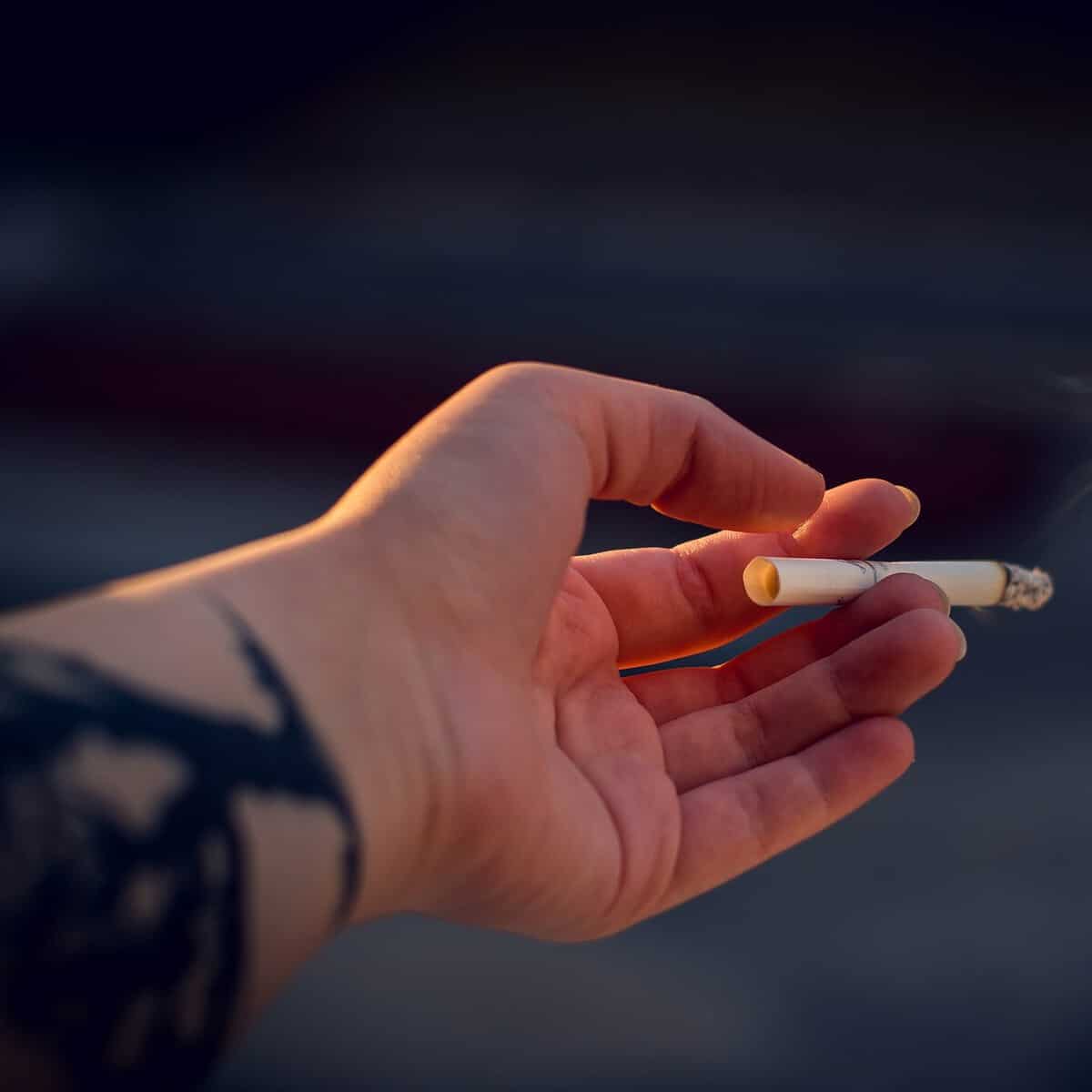
Kitchen – Safety when cooking
- Never leave cooking unattended.
- Keep flammable items such as tea towels, oven mitts and curtains away from the cooking area.
- Keep the stove clean and clear of grease.
- Consider installing a stove guard to keep inquisitive fingers away.
- Heat oil slowly and control the splatter.
- Use the right type of pan and keep the heat low enough to avoid fat spatters or boiling over.
- Keep the saucepan lid handy as it can be used to smother a fire.
- Read about gas and water safety here.
Putting out a fire in the kitchen
- Water doesn’t work on fat or oil fires – it can spread the fire and cause serious injury. Use a lid or fire blanket for an oil fire. Do not remove until the pot has cooled.
- Turn off the heat source
- Never carry a burning pot
- Fire extinguishers and fire blankets are essential items in every home. They should be located near the entrance of the kitchen. Make sure you’re familiar with their operation.
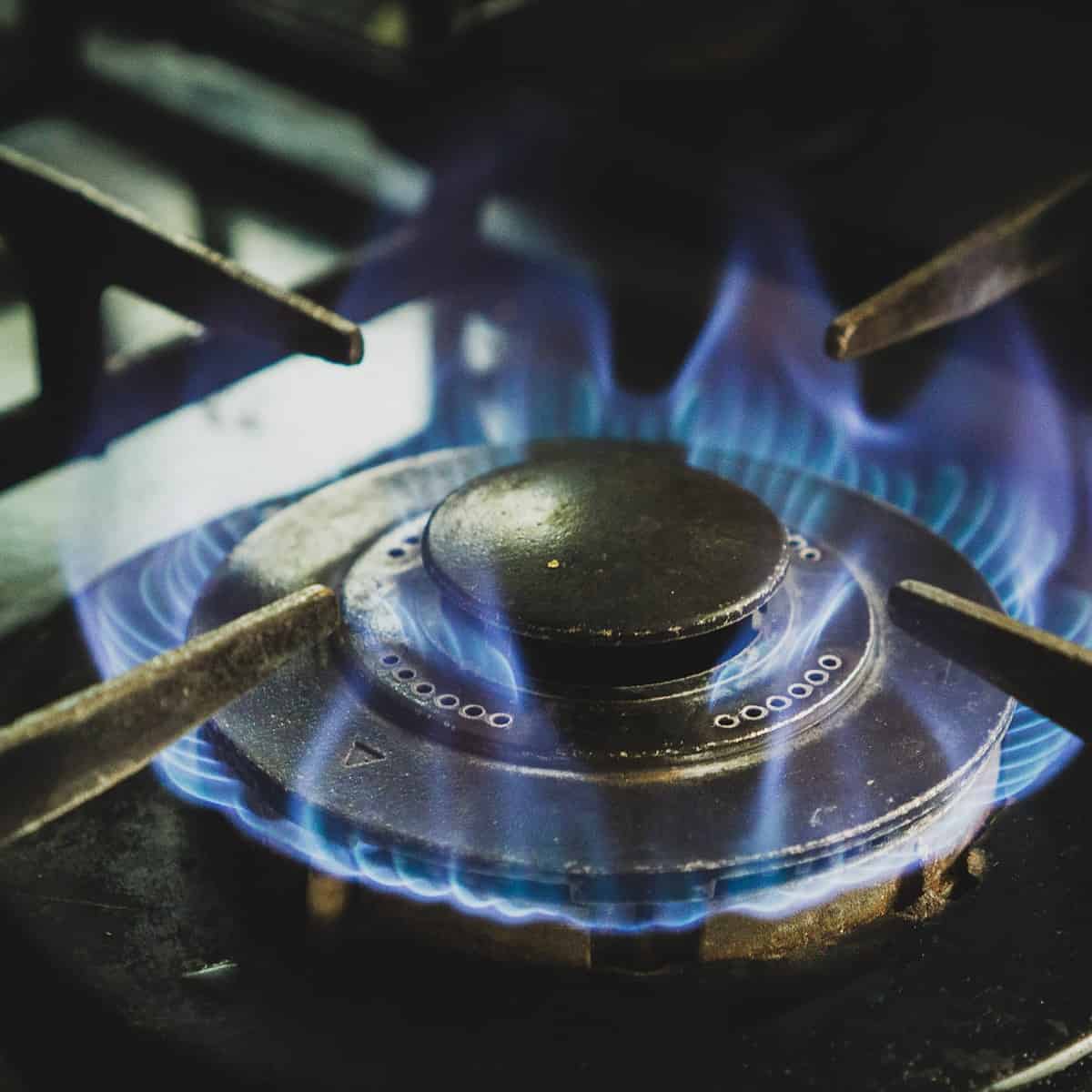
Lounge: Protect your home, family and treasured possessions by taking the appropriate fire safety precautions.
Good habits for heating –
- Always position clothes, newspapers, kindling and other flammable materials at least one metre from any heater.
- Ensure only the approved fuel is used in liquid-fuelled heaters.
- Have your heater installed to Australian standards specifications by a professional installer.
Portable heaters
- Choose a portable heater that has an automatic safety switch that turns the heater off if tipped over.
- Always turn off your heater when going to bed or leaving the house.
- Position portable heaters away from areas of heavy traffic.
- Keep portable electric heaters away from wet areas to avoid the possibility of electric shock.
Chimneys and flues
- Have your flue installed professionally.
- Insulate the flue from roofing timbers and wall panelling.
- Flues and chimneys should be cleaned once a year to prevent a build up of flammable material and ensure the heater functions correctly.
Open fireplaces
- Place a metal mesh guard in front of open fires to protect children from burn injuries and stop flying sparks and embers.
- Unless well-guarded, extinguish the fire completely before leaving the house or retiring for the night.
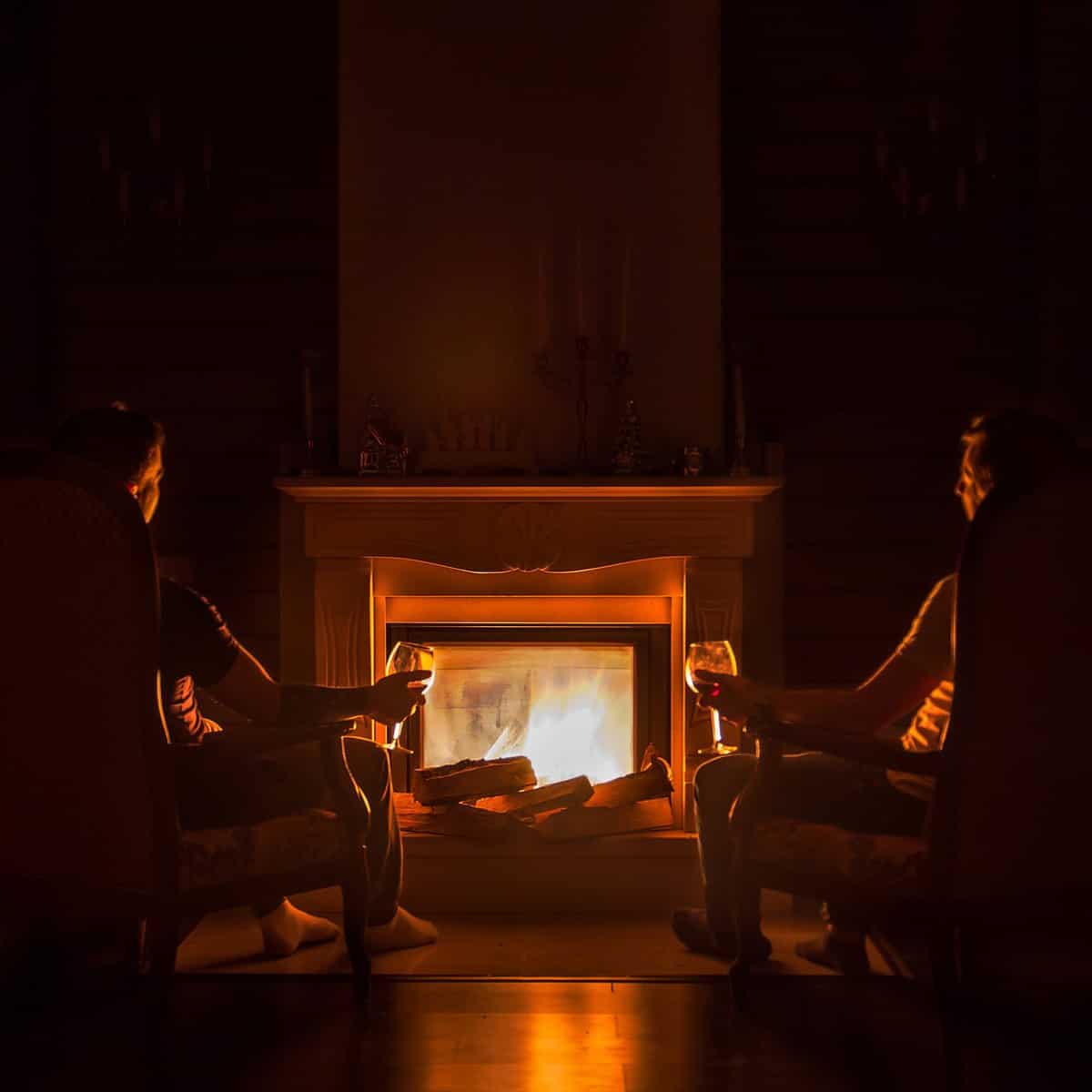
Electric blankets – All electric blankets sold in Australia must comply with strict safety standards but careless use can cause electric shock, fire and possibly even death.
- Read and follow manufacturer instructions.
- Throw out electric blankets that are worn or old.
- Never use an electric blanket with a waterbed.
- Leave the blanket on your bed. Folding may cause damage to the wiring.
- Use the blanket to warm your bed but turn it off when you go to sleep.
- Always switch off the blanket when leaving the house.
- Placing heavy objects on your electric blanket may damage the wiring and cause a fire.
- Never place a baby on an electric blanket – they can dehydrate and get burns at fairly low temperatures.
Laundry – Clothes dryers are often responsible for laundry fires.
- Clean the lint filters in clothes dryers after every load.
- Make sure that each load goes through a full cycle, giving the dryer an opportunity to cool down.
- Regularly dust the grill of the clothes dryer to prevent dust build up and overheating.
- Don’t overload power points in the laundry.
- Ensure there is proper ventilation and air space around the clothes dryer.
- From time-to-time, clean the lint filter in soapy water to remove any build up of material over the filter.
- Turn the dryer off before leaving the house.
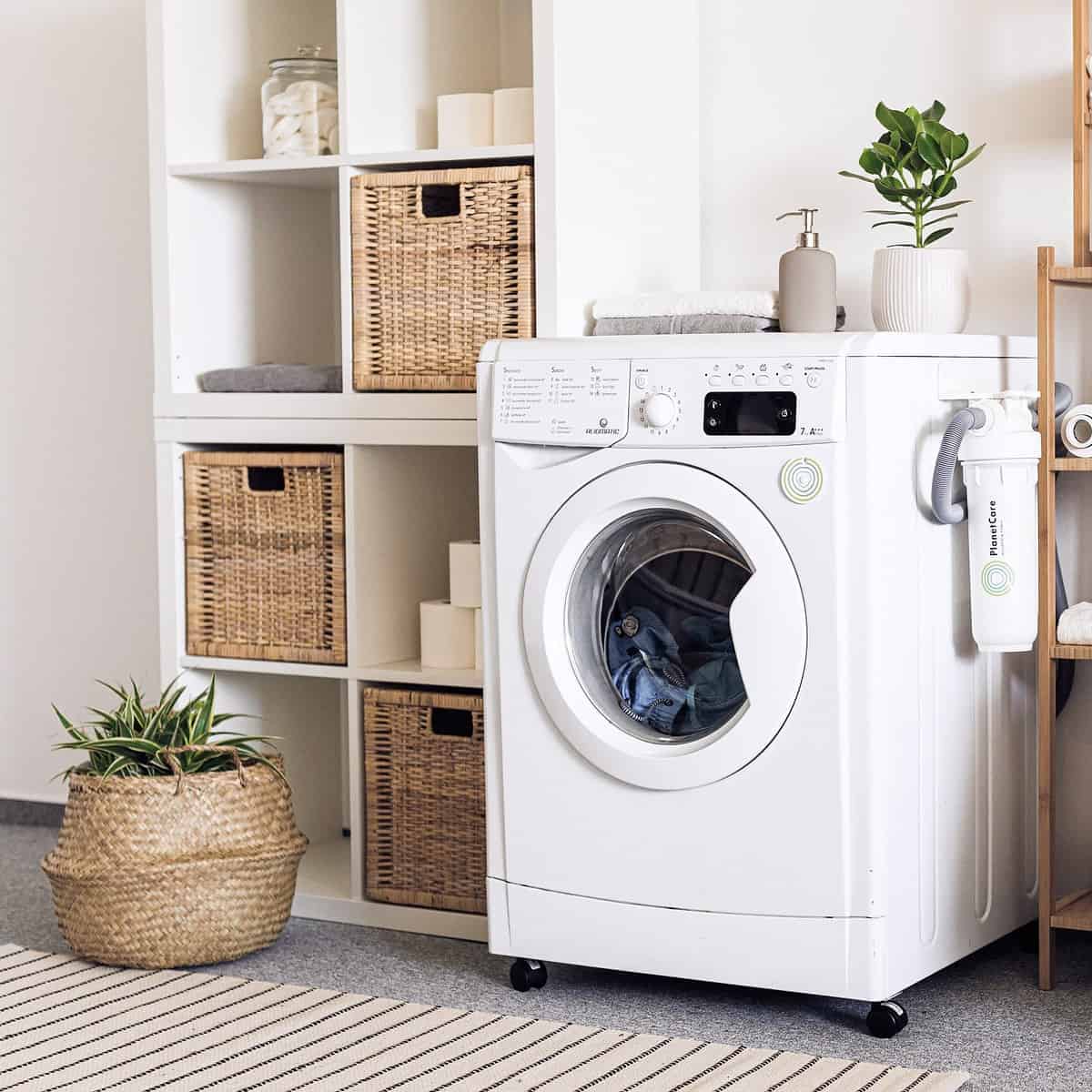
Garage (Quick tips – see the full list of garage safety here.
- Get rid of flammable rubbish, such as oily rags, and open containers of oil or solvents.
- Never store chemicals, such as chlorine, where they can come into contact with other chemicals.
- Petrol, kerosene and other flammable liquids must be kept in approved containers and clearly labelled.
- Petroleum fuels and nitrogen fertilisers can combine in an explosive mixture – store well apart.
- Do not use naked lights or smoke in the garage or workshop.
- Always clean up shavings after woodwork.
- Use properly installed electrical sockets for power tools. Avoid makeshift wiring extensions and double adaptors.
- Where possible choose non-flammable paints, strippers, cleaners etc.
- Fuel lawnmowers and other motors outdoors only.
- Where electric welders are used, ensure the working area is kept clear of flammable materials, and the equipment is switched off and left safe after use.

For more information about fire safety at home and escape plans, please visit the Queensland Fire and Emergency Service website or the Queensland State Government website.
